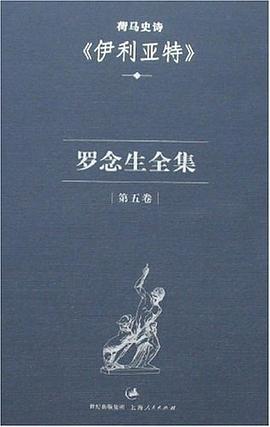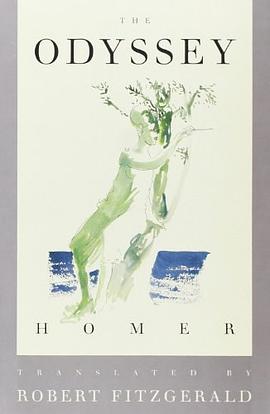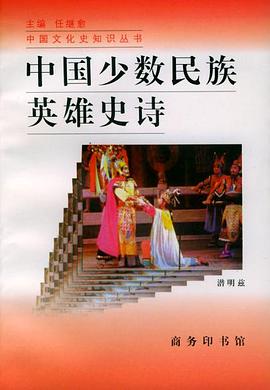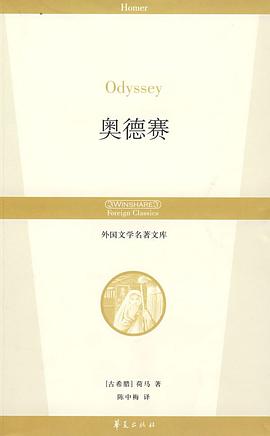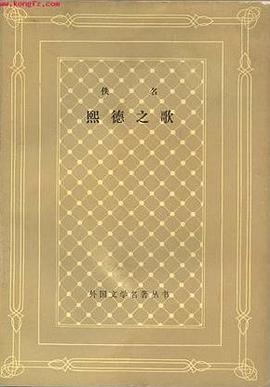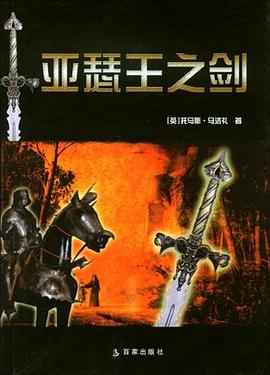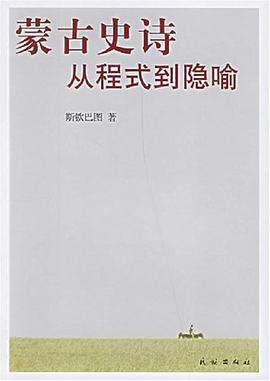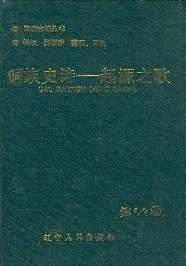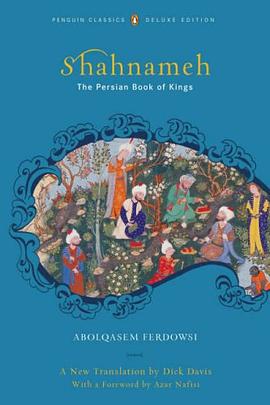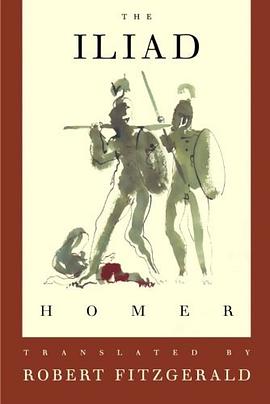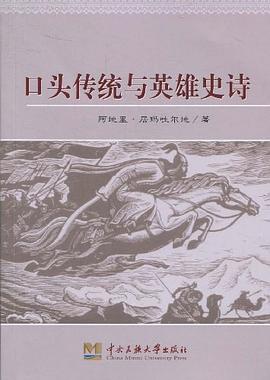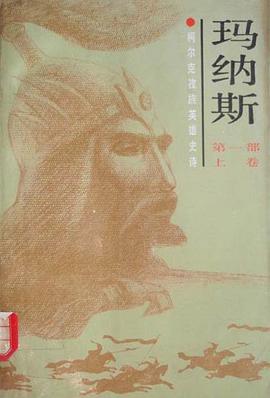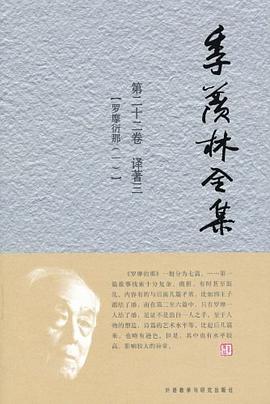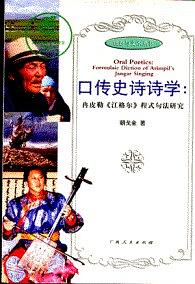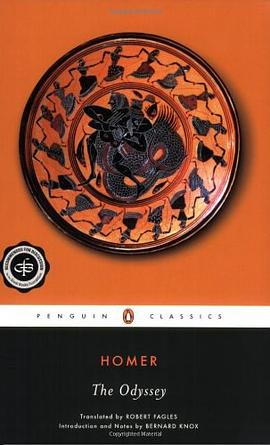

Literature's grandest evocation of life's journey, at once an ageless human story and an individual test of moral endurance, Homer's ancient Greek epic "The Odyssey" is translated by Robert Fagles with an introduction and notes by Bernard Knox in "Penguin Classics". When Robert Fagles' translation of "The Iliad" was published in 1990, critics and scholars alike hailed it as a masterpiece. Here, one of the great modern translators presents us with "The Odyssey", Homer's best-loved poem, recounting Odysseus' wanderings after the Trojan War. With wit and wile, the 'man of twists and turns' meets the challenges of the sea-god Poseidon, and monsters ranging from the many-headed Scylla to the cannibalistic Cyclops Polyphemus - only to return after twenty years to a home besieged by his wife Penelope's suitors. In the myths and legends retold in this immortal poem, Fagles has captured the energy of Homer's original in a bold, contemporary idiom. Seven greek cities claim the honour of being the birthplace of Homer (c. 8th-7th century BC), the poet to whom the composition of the "Iliad" and "Odyssey" are attributed. "The Iliad" is the oldest surviving work of Western literature, but the identity - or even the existence - of Homer himself is a complete mystery, with no reliable biographical information having survived. If you enjoyed "The Odyssey", you might like Robert Fagles' translation of "The Iliad", also available in "Penguin Classics". "Wonderfully readable ...Just the right blend of roughness and sophistication." ("Ted Hughes"). "A memorable achievement ...Mr Fagles has been remarkably successful in finding a style that is of our time and yet timeless." (Richard Jenkyns, "The New York Times Book Review"). "His translation of "The Odyssey" is his best work yet." (Garry Wills, "New Yorker").
具體描述
讀後感
評分
評分
評分
評分
用戶評價
fiat amor
评分上希臘神話課看完的,老師推薦的譯者和版本。意外的能看下去...因為是英文版本的嗎?中文版本的我一看各種人名就要瘋瞭
评分Odysseus was no hero. He was a man. A man who couldn't escape the world of pain despite his murderous cunning. He did come home at last. But he came all alone and a broken man. So, who or what was to blame? The ruthless God or Odysseus's own share of pride? For there was only so much one can strive for and take control as a fallible mortal man.
评分Odysseus was no hero. He was a man. A man who couldn't escape the world of pain despite his murderous cunning. He did come home at last. But he came all alone and a broken man. So, who or what was to blame? The ruthless God or Odysseus's own share of pride? For there was only so much one can strive for and take control as a fallible mortal man.
评分宙斯還是看得很清楚的:人類總是習慣把所有睏難都歸罪於眾神的刁難,而非自身的軟弱。
相關圖書
本站所有內容均為互聯網搜索引擎提供的公開搜索信息,本站不存儲任何數據與內容,任何內容與數據均與本站無關,如有需要請聯繫相關搜索引擎包括但不限於百度,google,bing,sogou 等
© 2025 qciss.net All Rights Reserved. 小哈圖書下載中心 版权所有

